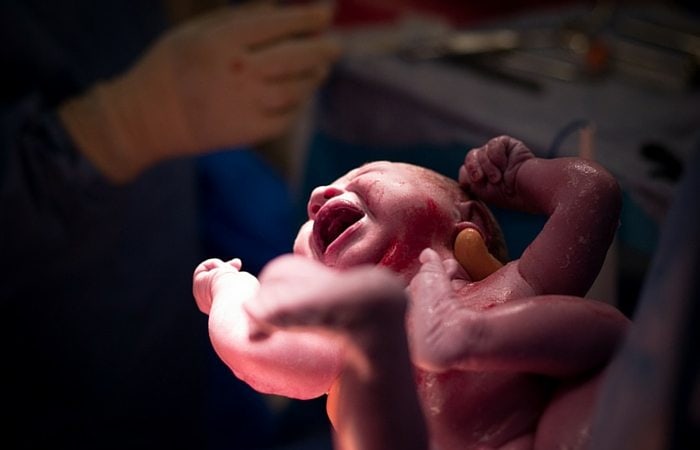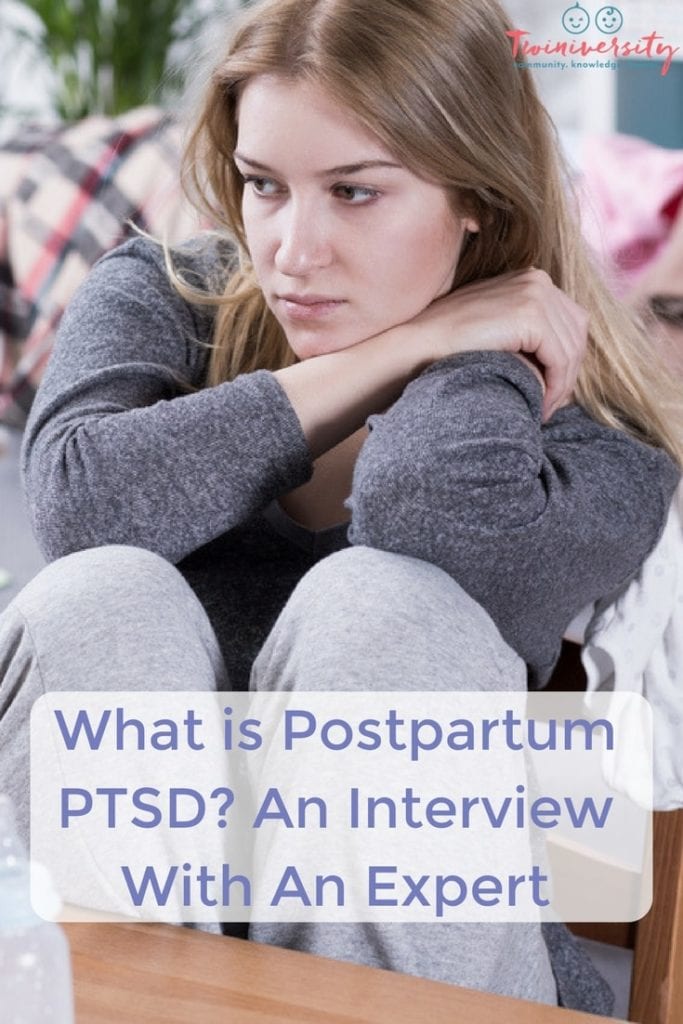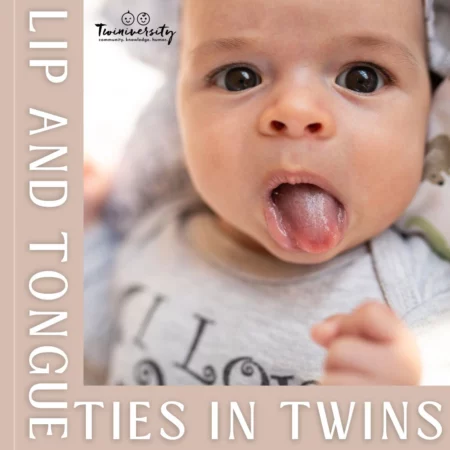Last updated on March 7th, 2024 at 05:58 pm
Birth is traumatic. The word “trauma” literally translates to, “a deeply distressing or disturbing experience”. Even if you have a very positive birth experience, your body is literally going through a traumatic event expelling a separate living being (or two, or three) from your body. Beyond physical trauma, some women experience emotional trauma after negative birth experiences, which can be very haunting long after leaving the hospital. Parents of multiples are often faced with additional and unique forms of distress in their birth experiences, as many twins and higher order multiples are born prematurely and have extended stays in the NICU.
To get a clearer picture of how trauma effects women during and after pregnancies, I interviewed Dr. Pria Alpern PhD,
What is Postpartum Post-Traumatic Stress Disorder?
Postpartum Post-Traumatic Stress Disorder (P-PTSD) is a postpartum mood disorder that affects an estimated 9% of new mothers. This disorder is typically caused by real or perceived trauma during delivery or postpartum. You may wonder, “How do you define trauma?” Trauma is a subjective experience of threat to life, bodily integrity, or sanity (Pearlman & Saakvitne, 1995, p. 60). It is important to keep in mind that an individual’s subjective experience determines whether or not an event is traumatic.
What Are the Symptoms of Postpartum PTSD?
Symptoms may include:
- Re-experiencing of the traumatic event through flashbacks, nightmares, and intense and distressing recollections of the traumatic event
- Avoidance of stimuli associated with the event, places (e.g. doctor’s offices, hospitals), people (sometimes the baby), feelings, and thoughts about the event
- Increased hypervigilance, irritability, difficulty sleeping, startled response, difficulty concentrating
- Anxiety and panic attacks
- Feelings of detachment

What Would Be Considered a Traumatic Birth?
Research shows that between 25-34% of women experience traumatic births. Some of these women will go on to develop postpartum PTSD. Cheryl Beck wrote that, “Birth trauma lies in the eye of the beholder,” elaborating that what the mother perceives as a traumatic birth, may be seen as a routine delivery by obstetric care providers (Beck, 2004). The idea is that you can only know by hearing the woman’s story.
Below are some examples that may constitute a traumatic birth:
- Unplanned cesarean delivery
- Use of forceps/vacuum extraction
- Fear of epidural; or inadequate pain relief
- Congenital anomalies
- Premature birth
- Separation from infant(s) in NICU
- Feelings of powerlessness, loss of control, inadequate communication and/or lack of support during the delivery
- Prolonged, painful labor; or rapid delivery
- Severe complication or injury related to pregnancy or delivery
- Stillbirth
It is important to note that women who already have a history of trauma, particularly previous sexual assault or abuse, have an increased risk of postpartum PTSD.
How does pregnancy loss or grief work into postpartum PTSD?
Grief and postpartum PTSD are separate but overlapping issues that women may experience postpartum. Postpartum grief can occur for women who have experienced a pregnancy loss such as stillbirth, the death of an infant, or have given birth to an infant with a birth defect. It may be helpful to think of postpartum PTSD as being predominantly characterized by anxiety symptoms, whereas postpartum grief is mainly characterized by depressive symptoms. Depending on the circumstances, a woman may experience overlapping or separate symptoms of grief and PTSD in the postpartum period.

What are some treatments for dealing with birth trauma and Postpartum PTSD?
Psychotherapy is a highly effective treatment for healing. Psychotherapy for postpartum PTSD may involve verbally processing the traumatic event with the therapist, as well as engaging in cognitive behavioral and mindfulness exercises. Eye Movement Desensitization and Reprocessing therapy (EMDR) is a specialized therapy that is currently regarded as one of the most effective treatments when working through trauma. EMDR transforms traumatic memories so that they are no longer emotionally charged in the mind, body, and nervous system.
The use of medication, most often anti-anxiety medications or antidepressants, can help reduce the intensity of postpartum PTSD symptoms. Group therapy is another therapeutic approach that specifically helps women with postpartum PTSD overcome feelings of isolation by receiving emotional and relational support from other women also struggling.
What are some tips to support a partner or friend who has postpartum depression or P-PTSD?
Social support is very important. Relationships with others can help increase self-esteem, reduce guilt, and reduce isolation. It is important to check in with the mother about her needs. Listen if she needs to talk, sit quietly with her if she needs a physical presence, and give her space if she needs some time by herself. For example, in cases of P-PTSD some women prefer to be alone when having a flashback whereas others prefer to be with someone to keep them grounded in the present. This is why it’s important to ask her what she needs.
Emotional numbness is another characteristic of PTSD that can be hard for partners because affection can plummet. It is important to be patient as your partner is engaging the healing process, also letting them know that they should not feel ashamed of their lack of interest in affection or intimacy. Finally, individuals can benefit from having a caring person to encourage healthy habits, such as exercise, nutrition, and sleep.
What is one thing you would want to tell moms who have experienced a traumatic birth or moms who fear they may experience trauma?
I would want to let those mothers know that postpartum PTSD is temporary and treatable. You are not alone. If you develop trauma symptoms after giving birth it is not your fault and you are not to blame. The most important thing to do is get help so that you can overcome the difficulties you are currently experiencing. With help, you will feel well.

For Postpartum support, visit Postpartum Support International or call 1.800.944.4773.
All content on this Web site, including medical opinion and any other health-related information, is for informational purposes only and should not be considered to be a specific diagnosis or treatment plan for any individual situation. Use of this site and the information contained herein does not create a doctor-patient relationship. Always seek the direct advice of your own doctor in connection with any questions or issues you may have regarding your own health or the health of others.

Molly Kessler is a clinical social worker, presenter, and writer in south Florida. Molly is married and currently working full time as a mom of almost six month old boy/girl twins. Molly enjoys everything from being an informal birth doula for friends to playing with puppies to photography. Molly is available for writing, speaking, and counseling upon request. Contact her at molly.kessler9@gmail.com.







